Results
-
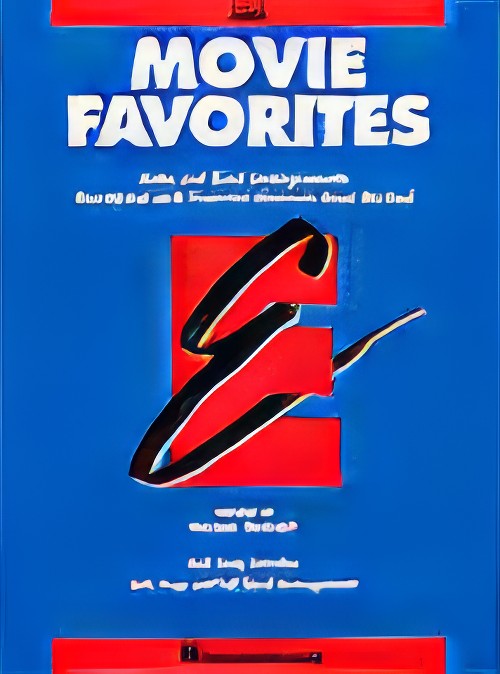 £8.50
£8.50MOVIE FAVORITES B flat Clarinet
A collection of popular movie songs arranged to be played by either full band or by individual soloists with optional CD accompaniment. There is also an optional Piano Accompaniment part. Contents: Forrest Gump - Main Title; The John Dunbar Theme; Theme from 'Jurassic Park'; Raiders March; Chariots of Fire; Apollo 13; Somewhere Out There; Man from Snowy River; Star Trek - The Motion Picture; Theme from E.T.; Back to the Future
Estimated dispatch 7-14 working days
-
 £8.50
£8.50MOVIE FAVORITES B flat Tenor Saxophone
A collection of popular movie songs arranged to be played by either full band or by individual soloists with optional CD accompaniment. There is also an optional Piano Accompaniment part. Contents: Forrest Gump - Main Title; The John Dunbar Theme; Theme from 'Jurassic Park'; Raiders March; Chariots of Fire; Apollo 13; Somewhere Out There; Man from Snowy River; Star Trek - The Motion Picture; Theme from E.T.; Back to the Future
Estimated dispatch 7-14 working days
-
 £8.50
£8.50MOVIE FAVORITES B flat Trumpet
A collection of popular movie songs arranged to be played by either full band or by individual soloists with optional CD accompaniment. There is also an optional Piano Accompaniment part. Contents: Forrest Gump - Main Title; The John Dunbar Theme; Theme from 'Jurassic Park'; Raiders March; Chariots of Fire; Apollo 13; Somewhere Out There; Man from Snowy River; Star Trek - The Motion Picture; Theme from E.T.; Back to the Future
Estimated dispatch 7-14 working days
-
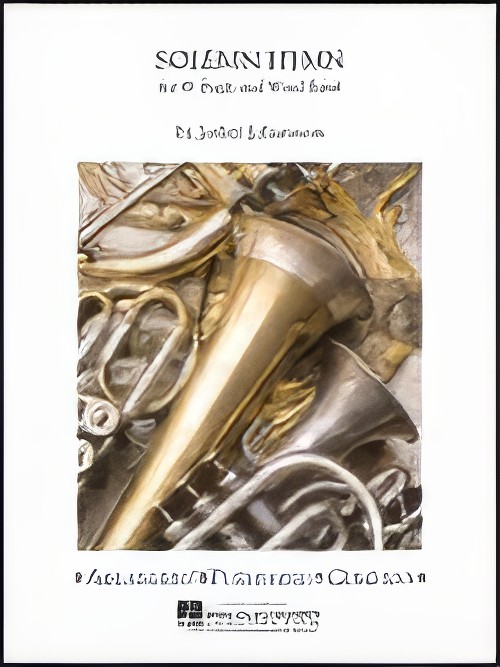 £64.99
£64.99SOLEMN HYMN (B flat Bugle/Concert Band) - Johansson, Jerker
Swedish composer Jerker Johannson has created a lovely hymn for band with obligato parts for Bb bugle and snare drum. You'll find many performance opportunities for this easy, yet effective piece
Estimated dispatch 7-14 working days
-
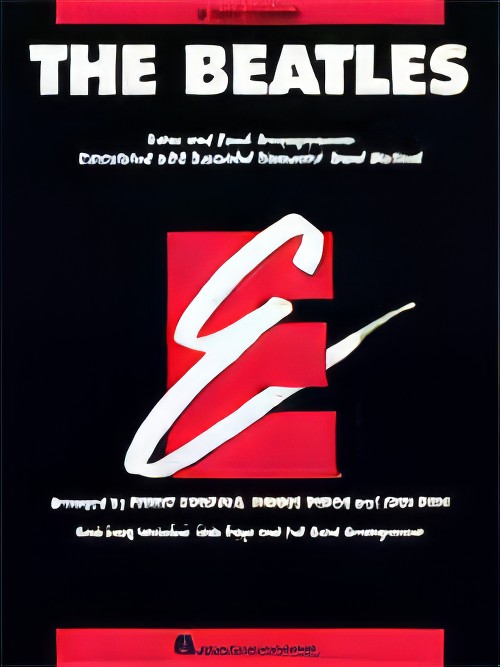 £6.50
£6.50THE BEATLES B flat Bass Clarinet
The Beatles is the latest addition to the best-selling collections from Hal Leonard: Film Favorites, Movie Favorites, Broadway Favorites and Christmas Favorites. These can be used in a full concert band setting or as solos for individual instruments. Songs include: And I Love Her Eleanor Rigby Get Back A Hard Day's Night Here, There and Everywhere Hey Jude I Want to Hold Your Hand Lady Madonna Ticket to Ride Twist and Shout Yesterday.
Estimated dispatch 7-14 working days
-
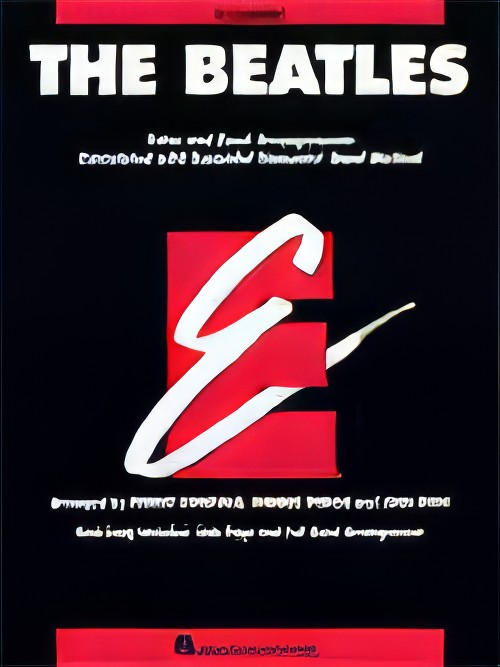 £6.50
£6.50THE BEATLES B flat Clarinet
The Beatles is the latest addition to the best-selling collections from Hal Leonard: Film Favorites, Movie Favorites, Broadway Favorites and Christmas Favorites. These can be used in a full concert band setting or as solos for individual instruments. Songs include: And I Love Her Eleanor Rigby Get Back A Hard Day's Night Here, There and Everywhere Hey Jude I Want to Hold Your Hand Lady Madonna Ticket to Ride Twist and Shout Yesterday.
Estimated dispatch 7-14 working days
-
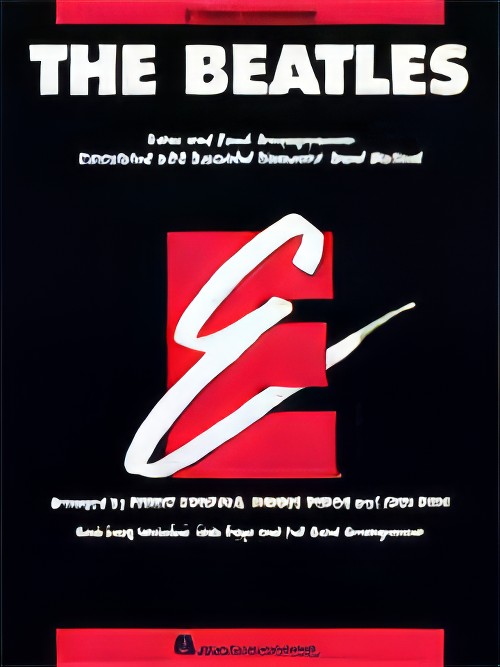 £6.50
£6.50THE BEATLES B flat Tenor Saxophone
The Beatles is the latest addition to the best-selling collections from Hal Leonard: Film Favorites, Movie Favorites, Broadway Favorites and Christmas Favorites. These can be used in a full concert band setting or as solos for individual instruments. Songs include: And I Love Her Eleanor Rigby Get Back A Hard Day's Night Here, There and Everywhere Hey Jude I Want to Hold Your Hand Lady Madonna Ticket to Ride Twist and Shout Yesterday.
Estimated dispatch 7-14 working days
-
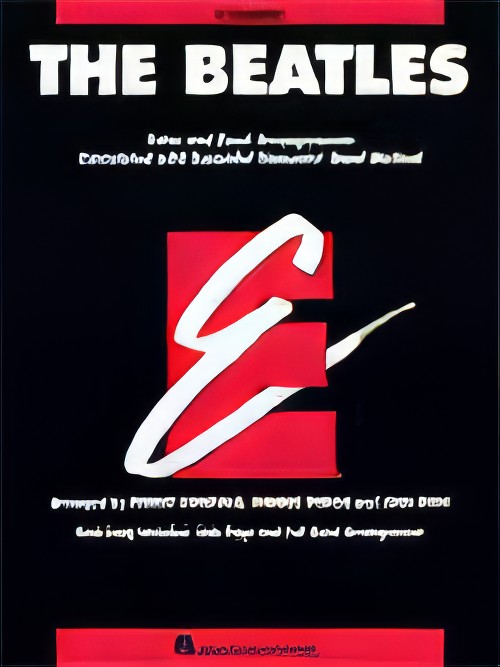 £6.50
£6.50THE BEATLES B flat Trumpet
The Beatles is the latest addition to the best-selling collections from Hal Leonard: Film Favorites, Movie Favorites, Broadway Favorites and Christmas Favorites. These can be used in a full concert band setting or as solos for individual instruments. Songs include: And I Love Her Eleanor Rigby Get Back A Hard Day's Night Here, There and Everywhere Hey Jude I Want to Hold Your Hand Lady Madonna Ticket to Ride Twist and Shout Yesterday.
Estimated dispatch 7-14 working days
-
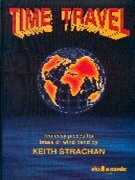 £3.95
£3.95TIME TRAVEL (Part 1 in B flat) - Strachan, Keith
1st Clarinet, 1st Trumpet/Cornet
Estimated dispatch 7-14 working days
-
 £3.95
£3.95TIME TRAVEL (Part 2 in B flat) - Strachan, Keith
2nd Clarinet, 2nd Trumpet/Cornet, Flugel Horn
Estimated dispatch 7-14 working days
